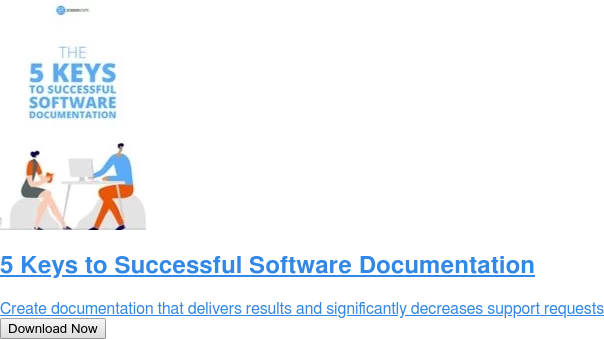Providing Your Customers with a Clear Path to Success
 A step by step guide that gives your customers a clear path to success can really boost your customer onboarding and success efforts. Here are a few tips for providing that clear path.
A step by step guide that gives your customers a clear path to success can really boost your customer onboarding and success efforts. Here are a few tips for providing that clear path.
What is a path?
A path is a series of help articles or videos that take a customer from being brand new with a product to successfully meeting a business goal with that product. Depending on how what your product does and how it will tie into their existing business processes these paths may be relatively short or quite long.
Giving a customer a clear path can be tricky. Here are a few tips to make it easier.
Be specific
The more specific your path is to your customer's actual situation and goals the better it will be. We have found that it is better to create several paths for different customer segments that are very specific as opposed to one general path. If you are struggling to define different paths, try to imagine your customer path as a roadmap. How many times in the roadmap will you have to bring your customers to a crossroads and make them choose which road to take? A few crossroads but if you find that your customers are having to make a lot of decisions along the path then you might want to create separate paths that have fewer crossroads.
Identify roles
A successful implementation of your product may involved varying roles in your client organization. By helping them identify these roles up front you can make sure that the right information is getting to the right team member. For example, you don't want the marketing director who knows nothing about installing JavaScript on their website reading the documentation on how to add your integration code to their website. Tell them that they will need to their web developer or IT guy to do this and then make it simple for them to send the necessary information to that person.
Separate one-time setup tasks from ongoing daily, weekly and monthly processes
When a new user is getting set up there will be a lot of unknowns and a lot of information to take in. You can help reduce some of the information overload by helping them understand what are one-time setup tasks they need to perform and what are regular recurring tasks that they will perform in your product.



